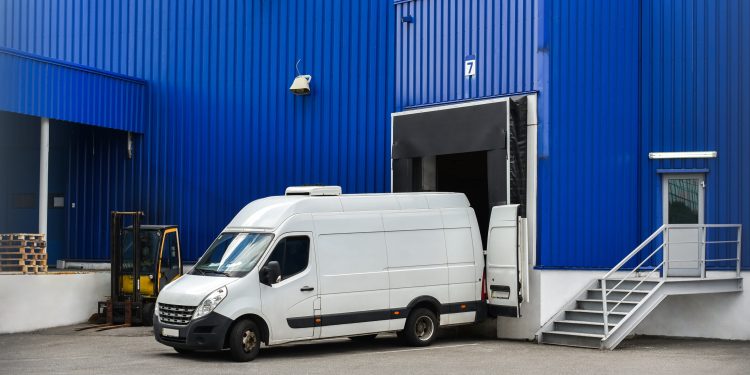The United Arab Emirates-based company Kibsons stands out in the fresh produce market for its commitment to innovation. Since its establishment in 1980, Kibsons has been a prominent player in the distribution of fresh fruits, vegetables, and meats, while also pioneering the adoption of technology to boost operational efficiency and customer satisfaction. The company’s CEO, Halima Jumani, has been pivotal in incorporating artificial intelligence (AI) and automation into Kibsons’ core business functions.
With Jumani’s vision, Kibsons has made technological innovation a key strategy to stay competitive and sustainable. This progression towards AI and automation mirrors a larger movement within the logistics field where companies are deploying technological solutions to address complex issues like predicting demand and enhancing supply chain productivity.
One of the primary reasons Kibsons turned to AI and automation was to address the challenge of food waste, a significant issue in the fresh produce industry due to the short shelf life of products. Jumani discussed the initial reasons for this shift, citing the aim was to refine local purchase order amounts to more effectively manage waste generated by inaccurate demand predictions.
The expansion of Kibsons meant confronting the intricacies of managing a larger inventory without increasing waste. The conventional approaches were inadequate as the procurement team grew, necessitating more training and supervision. Jumani pointed out these operational hurdles, stressing the need for improved control over procurement to reduce food wastage.
AI emerged as a viable solution for Kibsons to enhance their procurement strategies. This move was in line with trends in the supply chain and logistics sectors where AI and automation are becoming more prevalent to refine accuracy in demand forecasting and inventory control.
The adoption of AI within Kibsons began with the creation of a machine learning model designed to advance demand planning. The utilization of this technology aimed to align purchase order quantities with actual market needs, thus tackling the primary cause of food waste in the organization.
Jumani elaborated on the development and benefits of the technology, noting a significant decrease in food waste due to the automation of local procurement processes. The algorithm particularly targeted local purchase orders, traditionally difficult to manage because of the perishability of the goods. With accurate demand predictions, the company has substantially cut down on over-purchasing, which is directly linked to food waste.
The advantages of AI in Kibsons go beyond reducing waste. The automation has also streamlined operations, lessened the requirement for manual supervision, and enabled the procurement team to concentrate on strategic tasks, leading to greater efficiency and quicker supply chain management.
Nonetheless, the incorporation of AI and automation was not without obstacles. Introducing these technologies to the complex world of fresh produce logistics brought several challenges that demanded careful management and creative solutions.
Jumani shared the difficulties experienced during the transformation, mentioning the six-month period required to refine and adjust the system to address the complexities of managing perishable goods with fluctuating demand patterns and limited shelf lives. The complexity was compounded by the need to integrate the AI system with Kibsons’ pre-existing infrastructure, which involved back-end development and ongoing modifications for seamless operation.
Moreover, the AI had to be adept at managing advanced orders and preorders, taking into account seasonal changes and special events. Addressing these challenges required iterative development, collaboration between tech teams and operational staff, and a corporate culture supportive of continuous learning and adaptation.
As Kibsons forges ahead in integrating AI and automation within the logistics industry, the company anticipates a technologically advanced future. Jumani is particularly enthusiastic about implementing AI-based route optimization for deliveries, which is expected to bolster delivery efficiency, customer satisfaction, and environmental sustainability.
This initiative to optimize delivery routes using AI and real-time data analysis reflects Kibsons’ dedication to using innovative technology to resolve practical logistical challenges. The anticipated outcomes include improved fuel usage and reduced environmental impact, aligning with the global push for greener logistics practices.
The integration of AI and automation has also had a transformative effect on Kibsons’ work culture and staff engagement. Jumani highlighted the positive impact of technology on staff, where automation of routine tasks has enabled employees to focus on more meaningful work such as analysis and problem-solving. This strategic deployment of technology underscores its potential to enhance human capabilities rather than replace them.
Kibsons continues to explore new technological possibilities, including the Internet of Things (IoT) and advanced machine learning algorithms, which could further revolutionize their supply chain and logistics operations. The company’s journey under Jumani’s guidance exemplifies how AI and automation can create a more dynamic and responsive business environment in the logistics sector.









